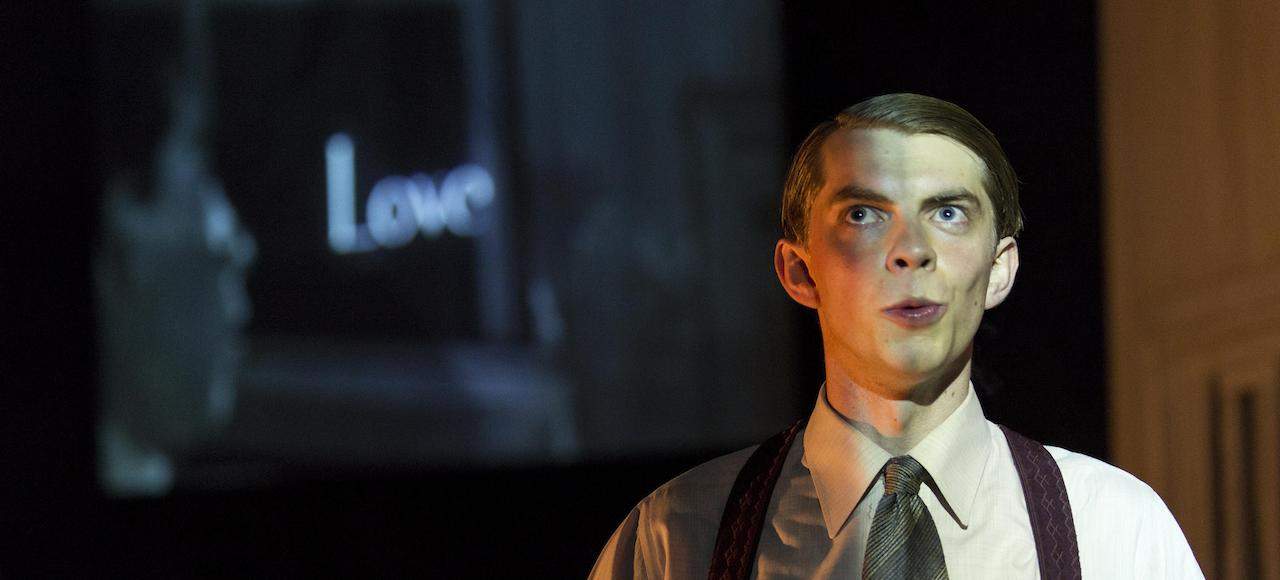The Glass Menagerie – Belvoir
Tennessee Williams' first commercially successful and very personal work gets a powerful new staging from director Eamon Flack.
Overview
In the opening monologue of The Glass Menagerie, Tom Wingfield (Luke Mullins), a thinly veiled portrait of Tennessee Williams, informs the audience that he intends to give them "truth in the pleasant disguise of illusion". Soon after, he casually remarks that "The play is memory … it is sentimental, it is not realistic." So which is it to be? Truth or sentiment? Belvoir’s latest production grapples not only with Williams’ text but also his disdain for the theatrical conventions of his time.
The Glass Menagerie was Williams’ first commercially successful work and a very personal one; the story of a struggling writer abandoning his volatile mother and fragile sister reflected, to a greater or lesser degree, his own experiences as a younger man. Adamant that it should not be performed naturalistically, however, Williams located the play in the uneasy space between memory and theatrical contrivance, a fact that director Eamon Flack and his cast have exploited to great effect.
The stage has more than a whiff of the film set about it. The kitchen and sitting room of the Wingfield residence take up the majority of the space, flanked by two big screens and a huge bank of lights which, at the appropriate time, bathe these rooms in dazzling artificial sunlight. Several cameras dotted about the place complete the effect.
In addition to the action on stage, Tom periodically crosses the boundaries of the house into the theatre and commandeers a camera, recording these bastardised memories or perhaps scrutinising them for any signs of the original. The black-and-white live feed footage Hollywood-ises the scene it has captured, pinning its subject and romanticising it relentlessly before finally letting it go. A slight (though deliberate) lag in the footage continually confounds the lip-synch, a message from Tennessee Williams himself — "Doesn’t matter how good it looks. It can never be like it was."
Of course, none of this would matter if you didn’t have a cast who could carry the text. Pamela Rabe is excellent as Amanda, a force of nature in a lacy pink dress, flattening anything she comes into contact with. Rose Riley brings a great charm and tenderness to Laura and her latter scenes are riveting. Mullins is impressive as Tom, a man yet to find himself, and Harry Greenwood’s perpetually surprised Jim is funny, but also wonderfully gentle when he needs to be.
Belvoir’s The Glass Menagerie is not only compelling theatre, it is proof that you needn’t take a hatchet to the classics if you want to make them say something new.





